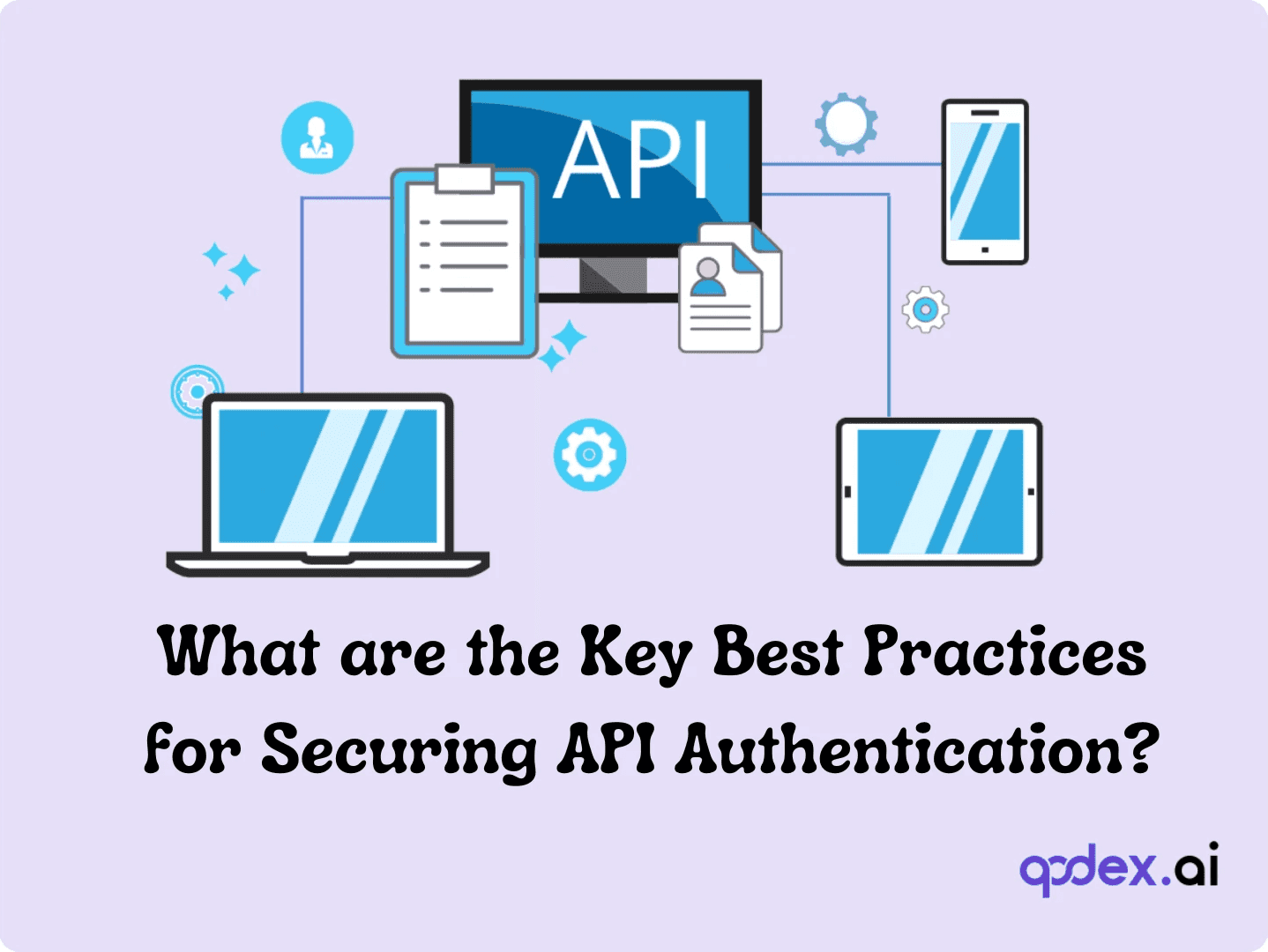API Mocking: Definition, Guide, and Best Practices for Software Development
Introduction
Imagine you're building a bridge between two towns. APIs are like the roads on that bridge, allowing information to flow smoothly between different software and services. They're super important in our digital world!
But just like you can't build a bridge without testing it, you need to make sure your APIs are working properly. That's where API testing comes in.
However, sometimes the API you want to test might not be ready yet or might have restricted access. To get around this, testers use a technique called API mocking. It's like building a fake bridge alongside the real one, so you can test things out without having to use the real one yet.
What is API Mocking?
API mocking is a software development technique that involves creating a simulated version of an actual API. This simulated API, also known as a mock API, can be used for a variety of purposes, such as:
Testing: Developers can use mock APIs to test their applications without having to use the real API. This can be helpful for testing edge cases or scenarios that are difficult to replicate with the real API.
Development: Mock APIs can be used to provide a placeholder for the real API while it is still being developed. This can help developers get started with their work without having to wait for the real API to be available.
Documentation: Mock APIs can be used to provide documentation for an API. This can be helpful for developers who are trying to learn how to use the API.
Several different tools can be used to create mock APIs. Some popular options include:
Mountebank
WireMock
Mockoon
HttpMock
Mock API vs. Real API
Both mock APIs and real APIs play crucial roles in software development, but they have distinct characteristics and serve different purposes.
API Mocking Steps
The client sends a request to the mock API.
The mock API receives the request and analyzes it.
The mock API retrieves the appropriate mock data based on the request.
The mock API constructs a response to the request using the mock data.
The mock API sends the response to the client.
The client receives the response and processes it.
Text-based Diagram:
Why API Mocking is Crucial for API Testing?
Test faster: Mock APIs are like pretend windows, responding instantly so you can test your software quickly. This saves you time and keeps things moving.
Find bugs early: Mock APIs let you simulate different situations, including errors, so you can catch problems before they become big issues.
Work on multiple things at once: Developers can build different parts of the software independently without waiting for each other. This makes everyone more productive.
Protect sensitive information: Mock APIs use fake data, so you don't accidentally expose any real information during testing.
Save money: Mock APIs are free to use, unlike real APIs which can be expensive. This saves you money on testing costs.
Understand how things work: Mock APIs help developers understand how the API should work before it's even built. This makes everything easier for everyone involved.
'In short, API mocking is a powerful tool that empowers developers and testers to build high-quality APIs efficiently and securely.'
Conclusion
API mocking is a powerful concept that can be put to use in several development and testing scenarios.
External dependencies - Testing unexpected behavior and 3rd party dependencies.
Isolated development - Development environment for use by operation and architects.
Early functional testing - Starting testing work early in development, even before actual components are available.
Customer evaluation - Providing evaluation and pre-sales opportunities.
Avoiding API dependencies - Developing against future or unavailable functionality.
'Start mocking your APIs today and unlock the potential for faster, better, and more secure software development.'
Frequently Asked Questions
Why should you choose Qodex.ai?
Qodex.ai simplifies and accelerates the API testing process by leveraging AI-powered tools and automation. Here's why it stands out:
- AI-Powered Automation
Achieve 100% API testing automation without writing a single line of code. Qodex.ai’s cutting-edge AI reduces manual effort, delivering unmatched efficiency and precision.
- User-Friendly Platform
Effortlessly import API collections from Postman, Swagger, or application logs and begin testing in minutes. No steep learning curves or technical expertise required.
- Customizable Test Scenarios
Whether you’re using AI-assisted test generation or creating test cases manually, Qodex.ai adapts to your needs. Build robust scenarios tailored to your project requirements.
- Real-Time Monitoring and Reporting
Gain instant insights into API health, test success rates, and performance metrics. Our integrated dashboards ensure you’re always in control, identifying and addressing issues early.
- Scalable Collaboration Tools
Designed for teams of all sizes, Qodex.ai offers test plans, suites, and documentation that foster seamless collaboration. Perfect for startups, enterprises, and microservices architecture.
- Cost and Time Efficiency
Save time and resources by eliminating manual testing overhead. With Qodex.ai’s automation, you can focus on innovation while cutting operational costs.
- Continuous Integration/Delivery (CI/CD) Compatibility
Easily integrate Qodex.ai into your CI/CD pipelines to ensure consistent, automated testing throughout your development lifecycle.
How can I validate an email address using Python regex?
You can use the following regex pattern to validate an email address: ^[a-zA-Z0-9._%+-]+@[a-zA-Z0-9.-]+\.[a-zA-Z]{2,}$
What is Go Regex Tester?
Go Regex Tester is a specialized tool for developers to test and debug regular expressions in the Go programming environment. It offers real-time evaluation of regex patterns, aiding in efficient pattern development and troubleshooting
Discover, Test, & Secure your APIs 10x Faster than before
Auto-discover every endpoint, generate functional & security tests (OWASP Top 10), auto-heal as code changes, and run in CI/CD - no code needed.
Related Blogs


